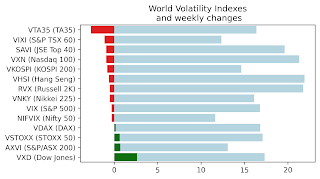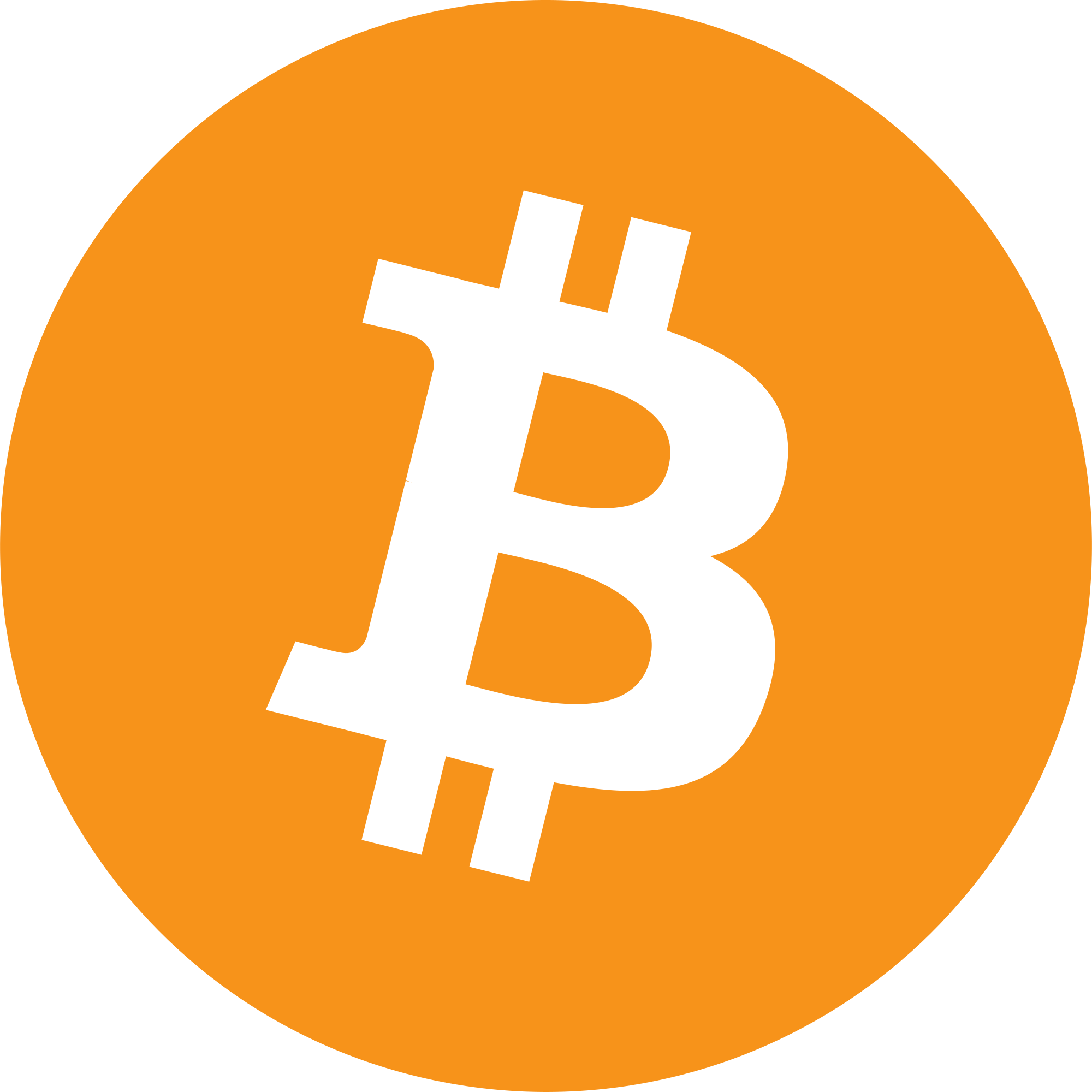The other week SEC rejected bitcoin ETF application, causing a sharp decline in bitcoin exchange rate. However after a few days market quickly recovered to pre-decision levels, near all-time bitcoin highs. I offer you some reasons why this is not surprising to me.
Of course if ETF were to be launched that would add significant allocation to bitcoin, and raise the prices. However even at this point in time there are plenty of convenient, completely legal and legitimate ways to purchase bitcoins. ETF would only add a convenience factor, however with a cost of trusting third parties - which would not be the case if you were to buy and store bitcoins directly.
Second, a number of financial instruments tied to bitcoin already exists (see this article for a comprehensive list) and if one is adventurous enough to allocate to bitcoin, one if probably ok with doing it outside of conventional US-ETF framework.
However what set bitcoin prices lower over the last weekend was a dispute of sorts about future of bitcoin - the bitcoin core vs bitcoin unlimited. I am not a specialist, but will try to explain it to the best of my understanding. Imagine you have a software upgrade that is not compatible with the previous version - that is pretty much the issue. The switch is called "hard fork" - hard meaning not compatible. The split in version is somewhat like a split in a political party - it is subadditive: two best scenarios for the value of bitcoin are if everyone stays with core, or if everyone switches to unlimited. The worst scenario is 50/50 split, where two separate incompatible ledgers coexist. I find this nonlinear behavior to be very interesting.
At this point about 11% of nodes have switched to unlimited according to coin dance. I will be writing more about this as the situation progresses.
End of an Era
Interactive Brokers Group, owner of Timber Hill, announced that they will be phasing out their options market operations (link). This is a really a pivotal announcement, that one of the oldest and most established derivatives market making operators is calling it quits. Other options market makers are not doing great either - earlier KCG announced that they are 'shuttering' their options market making business, and from what I hear other firms PL (DB, MS, Citadel) have been stagnant in the last 4-5 years.
IB mentioned that they are not exiting proprietary trading completely " The Company intends to continue conducting certain trading activities in stocks and related instruments." but I really don't understand what exactly are they going to do. Is there a special dividend in the near future for IBKR? Another part of the announcement is re-balancing of GLOBAL with almost doubling of USD share. Is this a good move to be purchasing dollars at multi-year highs? Only time will tell ...
KCG will also continue options trading, although not market making, and I have not hears of any other players exiting the field.
What does it mean for the market? Will spreads widen, or skews become more volatile? Will other market makers step in and profit from the gap? Or maybe there was really no gap - maybe Timber Hill will disappear with a whimper? If you have any predictions please share them in the comments!
IB mentioned that they are not exiting proprietary trading completely " The Company intends to continue conducting certain trading activities in stocks and related instruments." but I really don't understand what exactly are they going to do. Is there a special dividend in the near future for IBKR? Another part of the announcement is re-balancing of GLOBAL with almost doubling of USD share. Is this a good move to be purchasing dollars at multi-year highs? Only time will tell ...
KCG will also continue options trading, although not market making, and I have not hears of any other players exiting the field.
What does it mean for the market? Will spreads widen, or skews become more volatile? Will other market makers step in and profit from the gap? Or maybe there was really no gap - maybe Timber Hill will disappear with a whimper? If you have any predictions please share them in the comments!
Subscribe to:
Posts (Atom)
Weekly market report
Wall st delivered a mixed bag of news with VIX, VNKY, and VSTOXX and their underlying markets almost unchanged. VXD - volatility index based...

-
As I am sure all of you know Russia has began a full scale war against my home country Ukraine. Please make no mistake - Putin's goal ...
-
Another positive week for the market, and negative week for volatility. VIX and VSTOXX long term contracts continued to fall, declining by a...
-
Deutsche Bank Currency Volatility Index was developed to provide an implied volatility benchmark for major currency markets. The index is d...
